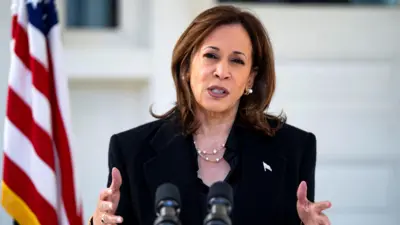We've updated our Privacy and Cookies Policy
We've made some important changes to our Privacy and Cookies Policy and we want you to know what this means for you and your data.
East Midlands Ambulance Service spends ÂŁ1.3m on taxis
East Midlands Ambulance Service (EMAS) has spent more than ÂŁ1.3m on taxis for non-emergency NHS patients in the last financial year, the Â鶹ԼĹÄ has learned.
EMAS's spend was the second highest amount for a region in the country.
Brian Brewster, director of finance for the service, said it used a mix of vehicles to save vital resources.
But the Unison union claimed that using unskilled drivers instead of trained ambulance staff could put patients at risk.
In 2010/11, EMAS spent ÂŁ1,310,695 on 50,769 journeys across the region. North West Ambulance Service (NWAS) had the highest spend at ÂŁ2,472,199.
'Planned attendances'
From April to July this year, EMAS spent ÂŁ299,671, behind NWAS at ÂŁ323,583.
"We use typically the Red Cross, St John Ambulance services or other credible providers to move patients around the system," Mr Brewster said.
"It's much more than taxis. We do use taxis for some patients but these are largely double crew vehicles, where we're moving stretcher-type patients from hospitals back home or into nursing homes."
He said that when taxis were used, it was for patients being discharged or moved into hospitals for planned attendances.
"All our patients' requirements are assessed before the movement, so we put the appropriate resourced and skilled staff with them," he added.
'More ambulances'
Peter Savage, regional organiser for Unison, said: "Although these patients have not dialled 999, there may be an occasion where greater skills and training are need than just an ability to drive."
NHS services were being outsourced to private firms, "who are interested in making a profit rather than providing a service", he added.
Zuffar Haq, a member of the Leicester Patient Panel, said: "EMAS should use this kind of money for more staff to accompany more ambulances, which is what it needs to get to patients in reasonable time."
The NHS said it was aiming to reduce the use of taxis amid concerns the practice was not providing value for money, while the Department of Health said it was up to local NHS bosses to make decisions on transport.
The figures were obtained from ambulance trusts in England, Wales and Northern Ireland following a Â鶹ԼĹÄ Freedom of Information request.
Top Stories
More to explore
Most read
Content is not available








